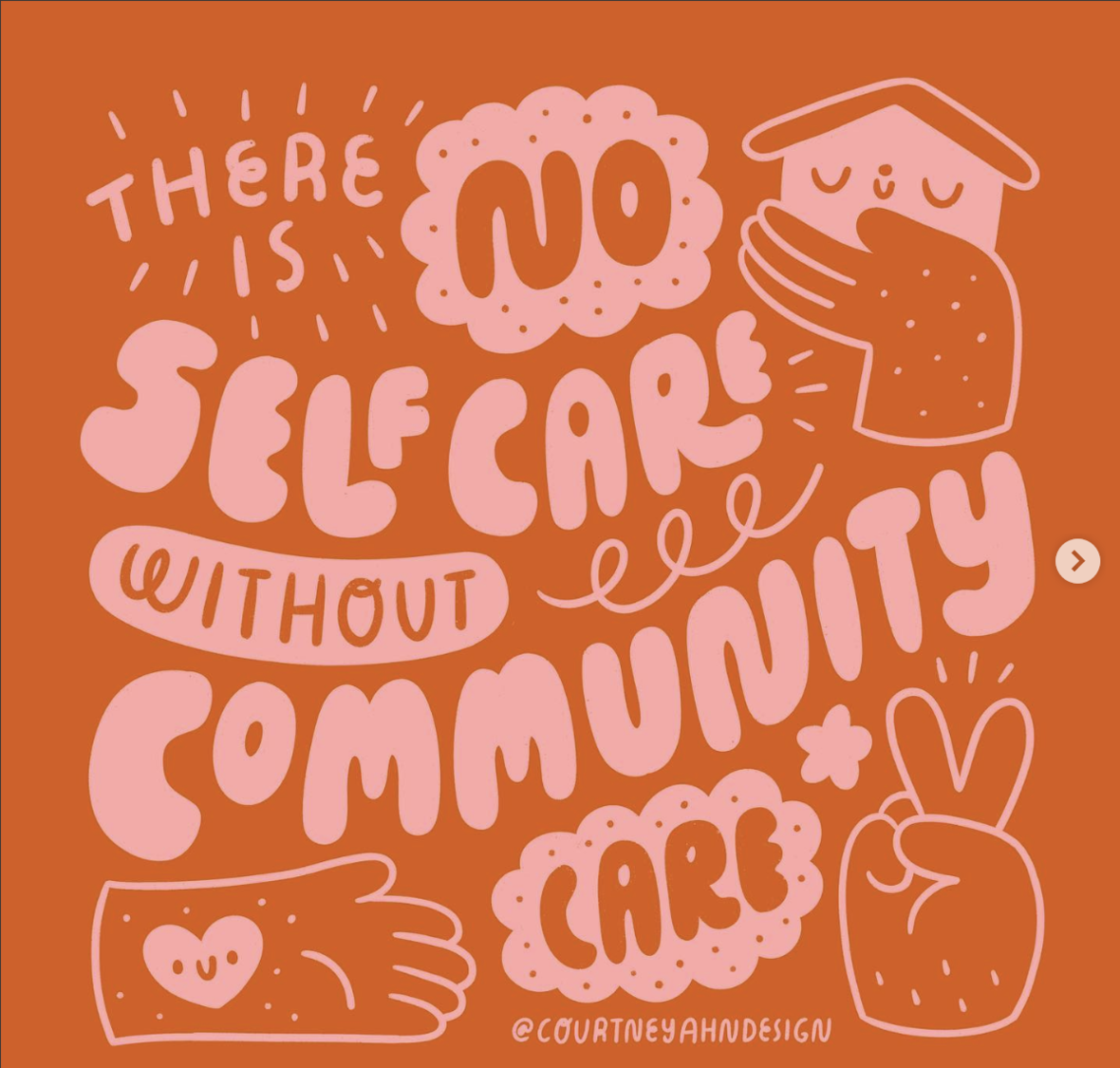
10 Apr Self-care and Sabbath
Dear Westwood Family,
This week, we are finishing up the parent’s reading group that I started a few months ago. We read and discussed Dr. Becky Kennedy’s book, Good Inside: A Guide to Becoming the Parent You Want To Be. As a new parent and the parent of an only child, I relished the opportunity to listen to, learn from, and commiserate with other parents.
Parenting, like so much of contemporary American life, is intense.
One chapter that stuck with me was on the topic of self-care. Dr. Kennedy writes, “In today’s world of intensive parenting, there’s a common misconception that having kids means sacrificing your own identity – that once you’re charged with taking care of young children, you are no longer entitled to take care of yourself. In reality, however, selfless parenting doesn’t help anyone – it doesn’t help the parents, who become depleted and resentful when they give so much of themselves without filling their own cups, and it doesn’t help kids, who absolutely notice their parents depletion and resentment and might feel guilty, anxious, or insecure in response.” As parents, there is so much social pressure to attend every event, read every email, and volunteer for all the activities that it is no wonder that we end up feeling guilty if we don’t think we are giving up “everything” for our children – note that this cultural expectation is worse for mothers than fathers.
As I continued to reflect on my own self-care, I realized that my tendency to “do more” or “work harder” didn’t start with my desire (or the cultural pressure) to be a good parent. Rather, it was an extension of norms that I had lived out for all my adult life. Whether it was American work culture’s rise, grind, and hustle mentality, the social reality that Black people must work twice as hard to get half as far, or my midwestern agrarian sensibilities, I have internalized the belief that being successful means that you don’t really have time for rest. Unless I am on vacation, when I take time to rest or do something that feels like self-care, I question whether or not it is a productive use of my time, or I feel guilty that I am inconveniencing Gabi and Isaiah.
In an ideal world, I would now transition to the part of the pastoral note where I say something like, “This is how I am solving this problem, and here is how you can do it too!” Unfortunately, I am not working in ideals. Rather, this note aims to highlight a problem that I see in our culture writ large and within myself and to invite you to do some self-examination. Those of us committed to social justice and creating the world we want to live in often struggle to balance meeting our needs and tolerating the distress this might cause in others. Dr. Kennedy writes that the only way we can change this pattern is by accepting that we cannot avoid someone else’s inconvenience or distress; “it’s not our job to make sure someone else is happy, and it’s not someone else’s job to cheerlead us as we assert ourselves. “We need cooperation from others, but not approval.” For some of us, seeking cooperation and not approval feels uncomfortable because we have been taught to prioritize and soothe others based on social hierarchies. For us, self-care and community care often begin by unlearning internalized narratives that have taught us to silence our needs.
Personally, two events rattled me to my core and initiated important changes in my life. Consequently, slowly but surely, I have begun to prioritize self-care in a way that feels right for me. The first was a conversation with my sister about my role as a pastor and example at Westwood UMC. She noted that I was being inconsistent in asking you all to prioritize self-care and community care when I was unwilling to do the same for myself. Later that evening, I read Barbara Brown Taylor’s writing on the Sabbath in An Altar in the World, where she points out that the Sabbath is the only day that God designates as holy in the Creation narratives. Indeed, the seventh day is the Sabbath of the Lord our God; it is the day that God rested. “If God can rest, why can’t you?” my sister asked. That is a good point.
The second happened in mid-December. During my annual exam, I was told that I was still struggling with high blood pressure despite the medication that I had been taking. My reading that day was 167/98… it’s supposed to be around 120/80. My conversation with Gabrielle later that evening brought me to tears. I was on pace to have a heart attack, and this was not fair to her or Isaiah—point number two. Self-care isn’t just about my individual self because we are a part of a constellation of relationships. In this way, taking care of ourselves is one way we actually care for our families and the communities we are connected to.
In closing, it is important to note how self-care is more complex for marginalized persons. My doctor is a woman of color, and she recognizes the social realities of racism and discrimination (i.e., weathering) that impact the physical health of the BIPOC community. So, in addition to increasing my medication and prescribing a second, we discussed what else I could do to reduce my stress. I decided to begin practicing a sabbath day on Friday and start a running program. I have performed averagely at best at meeting both of my goals, but I am still trying. I am running a half-marathon on Saturday to continue to push myself to commit to running as a habit. So, if I look tired and sore on Sunday, know that I am paying the price for self-care.
Peace and Blessings,
Rev. Christopher Carter, Ph.D.
